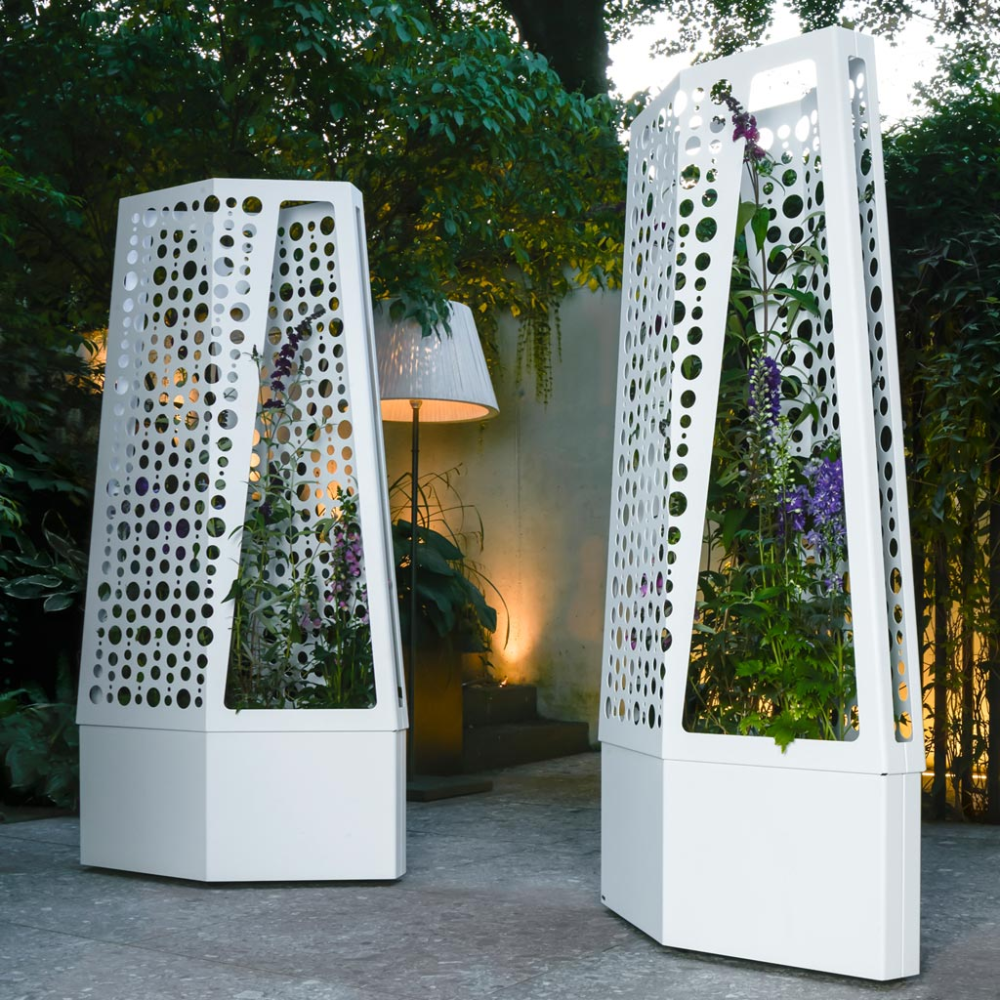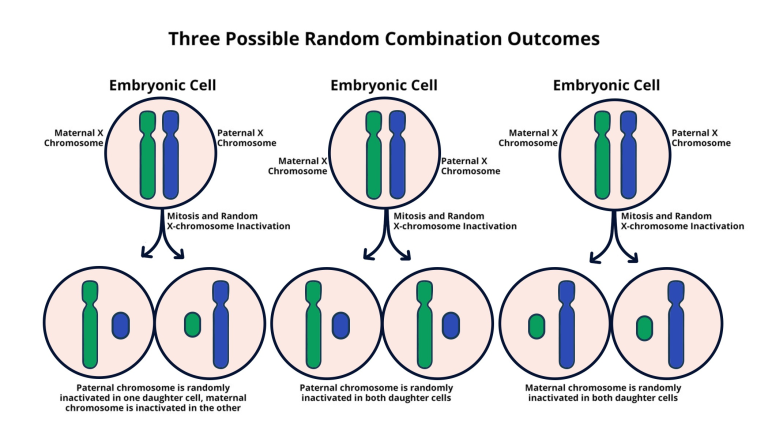Trellis Air is at the forefront of air conditioning innovation, aiming to revolutionize the way we cool our spaces with groundbreaking membrane technology. This Harvard startup has developed a unique system that functions like a coffee filter, efficiently dehumidifying and cooling the air while drastically reducing energy consumption. As climate change intensifies, the need for energy-efficient cooling solutions becomes increasingly critical, making Trellis Air’s advancements not just timely but essential. Their innovative approach offers a much-needed solution to the rising demand for air conditioning, which is expected to increase by 40% by 2030. By integrating advanced dehumidification solutions, Trellis Air is set to disrupt the traditional cooling market, helping to lower both energy use and greenhouse gas emissions in the process.
The advent of Trellis Air marks a significant stride in the quest for sustainable cooling technologies. This Harvard-backed initiative proposes a fresh perspective on temperature regulation, incorporating advanced membrane techniques to tackle moisture and temperature control simultaneously. As global temperatures rise and air conditioning demand surges, alternative dehumidification strategies become imperative. Trellis Air’s innovative engineering aims to reduce reliance on conventional refrigerants and decrease the overall carbon footprint associated with cooling systems. Indeed, the focus on energy-efficient air cooling not only represents a smart business move but also a crucial response to the environmental challenges posed by traditional air conditioning methods.
The Climate Crisis and Air Conditioning Demand
As global temperatures rise due to climate change, the demand for air conditioning solutions is escalating rapidly. Forecasts predict that air conditioning usage will increase by up to 40% by 2030, leading to a significant rise in energy consumption and greenhouse gas emissions. Currently, air conditioning systems are responsible for approximately 4% of global greenhouse gas emissions, a troubling statistic that surpasses the emissions produced by all air travel combined. Without innovative approaches, this increase in demand will have dire implications for our planet’s health.
The increasing reliance on air conditioning not only contributes to climate change but also signals a larger issue regarding outdated technology. The dominant vapor-compression systems that the industry has used for over a century are insufficient for such rising demands. Innovations in air conditioning, particularly energy-efficient cooling technologies, are desperately needed to ensure that we can manage heat while minimizing environmental harm.
Introducing Trellis Air’s Innovative Solutions
In response to the escalating air conditioning crisis, Trellis Air, a revolutionary Harvard startup, has developed an innovative membrane technology designed to enhance dehumidification solutions. This unique system operates similarly to a coffee filter, allowing for the efficient removal of moisture from the air while requiring significantly less energy than traditional air conditioning systems. By utilizing this membrane technology, Trellis Air is set to change the way we think about both cooling and dehumidification.
The Trellis Air system represents a departure from conventional air conditioning techniques. By aiming to reduce energy consumption and greenhouse gas emissions, it is an essential step toward sustainable cooling solutions. Harvard researchers have successfully created a prototype that demonstrates the effectiveness of their innovative approach, showcasing a promising future where energy-efficient cooling does not compromise comfort.
Membrane technology innovations have the potential to disrupt the air conditioning market. Unlike traditional methods that rely heavily on refrigerants, Trellis Air’s processes are more environmentally sound and provide better energy efficiency. As temperatures rise and cooling demand increases, startups like Trellis Air are crucial in leading the charge towards greener and more sustainable air conditioning solutions.
A Deep Dive into Membrane Technology
The core of Trellis Air’s innovative approach lies in its groundbreaking membrane technology. Unlike traditional air conditioning systems that draw humidity from the air using energy-intensive processes, Trellis Air’s membranes allow water vapor to pass through, extracting moisture while producing cool air. This technique requires much less energy than conventional systems, representing a leap forward in air conditioning innovation. The membranes, developed by a collaborative team at Harvard, are extremely thin—only 15 microns—yet robust enough to handle industrial demands.
This novel membrane technology not only enhances efficiency but also addresses sustainability concerns prevalent in current air conditioning technologies. By eliminating the dependency on harmful refrigerants, Trellis Air is paving the way for a greener future in the cooling industry. Thus, the innovative methods employed—marrying raw science with engineering excellence—demonstrate Viable solutions that could drastically alter the landscape of energy use in cooling buildings.
The Entrepreneurial Spirit Behind Trellis Air
The success of Trellis Air can be attributed not only to technological ingenuity but also to the entrepreneurial acumen of figures like CEO Russ Wilcox. His extensive experience in commercializing technology played a crucial role in guiding the startup from conception to market readiness. Wilcox’s decision to lead Trellis Air was driven by the vast opportunities he recognized within the air conditioning sector, one that is currently in dire need of innovation. His vision is to position Trellis Air as a frontrunner in energy-efficient cooling solutions, redefining how we approach air conditioning in both residential and industrial spaces.
By leveraging a mix of technical expertise, academic support, and strategic business insights, Trellis Air aims to introduce a transformative product into the market. Wilcox’s understanding of the potential market size underscores the entrepreneurial drive that is essential for a deep-tech startup. As the company looks to commercialize its technology, the blend of science and business acumen ensures they remain well-positioned to address the pressing needs of both consumers and the environment.
Collaborative Research Fuels Innovation
The innovative technology behind Trellis Air has flourished through extensive collaboration among researchers at Harvard University. With support from various departments and the Harvard Office of Technology Development, the research team rapidly advanced their dehumidification technology from concept to prototype. By blending expertise from healthcare to material science, the Trellis Air team has successfully navigated the complex landscape of developing a product that meets modern cooling demands while remaining environmentally conscious.
Moreover, the collaboration between architects, engineers, and scientists has resulted in a holistic approach to solving the air conditioning and dehumidification challenges faced today. This interdisciplinary strategy is critical in developing solutions capable of addressing climate change efficiently. By continuing to work together, these innovators can push the boundaries of air conditioning technology and pave the way for a sustainable future.
Peer Review and Industry Validation
For any new technology, peer review and validation in real-world settings are crucial steps toward acceptance in the market. Trellis Air’s prototype, tested in various challenging environments, has demonstrated its potential to outperform traditional systems in both energy efficiency and moisture control. Feedback from these tests not only assists in refining the product but also builds confidence among investors and potential customers. Trellis Air’s approach to validation emphasizes transparency and reliability, both hallmarks of successful innovations.
The results from rigorous testing phases provide valuable insights that help further optimize the membrane technology. As Trellis Air continues to gather data from these trials, they are positioned to make evidence-based improvements to their products. This commitment to iterative development ensures that Trellis Air remains at the forefront of energy-efficient cooling solutions, further solidifying its reputation within the industry.
Commercialization Strategies for Trellis Air
As Trellis Air prepares to launch its innovative cooling technology, it has outlined several strategic pathways to commercialization. Their approach includes replacing outdated desiccant systems in industrial settings, enhancing basement dehumidifiers for residential use, and integrating their technology into air conditioning units for widespread adoption. By emphasizing the versatility of their technology, Trellis Air aims to appeal to various market segments while also addressing sustainability concerns across the board.
The potential for large-scale impact makes establishing partnerships with manufacturers and developers a priority for Trellis Air. By collaborating with existing players in the air conditioning industry, Trellis Air seeks to fast-track the introduction of its groundbreaking technology to consumers. This strategy not only allows for rapid scaling but also enhances the technology’s visibility in a crowded marketplace.
The Future of Air Conditioning with Trellis Air
Looking ahead, Trellis Air envisions a future where air conditioning is synonymous with efficiency and sustainability. By transforming how we dehumidify and cool indoor spaces, they are not just creating a product but also instigating a shift in how society perceives energy consumption in HVAC systems. As awareness around climate change and energy efficiency increases, Trellis Air’s innovations are well-timed to meet the market’s evolving demands.
Furthermore, as they prepare for larger-scale production and market entry, Trellis Air is not just focused on profitability but also on contributing to a healthier planet. By significantly reducing the energy required for cooling, they are poised to set a new standard in the air conditioning industry, ensuring that comfort no longer comes at the cost of environmental harm.
Frequently Asked Questions
What is Trellis Air and how does it innovate air conditioning?
Trellis Air is a Harvard startup focused on revolutionizing air conditioning through innovative membrane technology. This technology efficiently dehumidifies air, significantly reducing the energy required for cooling compared to traditional air conditioning systems.
How does Trellis Air’s membrane technology compare to traditional air conditioning solutions?
Trellis Air utilizes a unique membrane that extracts water vapor from the air, resembling a coffee filter. This method consumes far less energy than conventional air conditioners, which typically rely on refrigerants and extensive energy consumption to cool and dehumidify.
What are the environmental benefits of using Trellis Air’s energy-efficient cooling solutions?
By employing Trellis Air’s membrane technology, the energy consumption for cooling can be reduced, leading to lower greenhouse gas emissions. Traditional air conditioning accounts for 4% of global emissions; thus, Trellis Air presents a promising climate-change solution by minimizing this impact.
How does Trellis Air address the rising demand for cooling solutions?
With the anticipated 40% increase in air conditioning demand by 2030 due to climate change, Trellis Air’s innovative dehumidification solutions provide a sustainable and energy-efficient alternative, meeting the growing needs while lowering energy footprints.
In what applications can Trellis Air’s dehumidification solutions be implemented?
Trellis Air’s technology can be integrated into various contexts, including replacing traditional desiccant systems in industrial settings, upgrading basement dehumidifiers, and enhancing air conditioning units worldwide as a pre-drying module for greater efficiency.
What testing has Trellis Air conducted to validate its technology?
Trellis Air has conducted pilot tests in Miami and evaluated its system at Harvard’s HouseZero. These real-world trials demonstrated the technology’s ability to perform efficiently in high heat and humidity, showcasing its potential in commercial applications.
Who were the key contributors to the science behind Trellis Air’s innovation?
The development of Trellis Air’s technology involved collaboration among researchers, including Assistant Professor Jonathan Grinham and Scientist Jack Alvarenga from Harvard’s materials science labs, demonstrating a fusion of foundational science and engineering breakthroughs.
What future prospects does Trellis Air have in the market?
Trellis Air aims to disrupt the air conditioning industry by commercializing its membrane technology, with aspirations to enhance cooling efficiency, significantly reduce energy consumption, and mitigate environmental impacts.
| Key Point | Details |
|---|---|
| Environmental Impact | Cooling systems account for 4% of global greenhouse gas emissions, double that of air travel. |
| Rising Demand | Air conditioning demand expected to rise by 40% by 2030. |
| Trellis Air Innovation | Utilizes a novel membrane technology similar to a coffee filter to dry and cool air more efficiently and reduce energy consumption. |
| Collaboration and Research | Harvard scientists collaborated to develop the technology, which includes a special 15-micron thick membrane. |
| Commercialization Plans | Trellis Air aims to replace desiccant systems, improve dehumidifiers, and integrate their technology into existing air conditioning units. |
Summary
Trellis Air is at the forefront of a revolutionary shift in air conditioning technology, addressing the urgent need for sustainable cooling solutions as global temperatures rise. The startup, developed from innovative research at Harvard University, focuses on a unique membrane technology to enhance energy efficiency in air conditioning systems, which currently contribute significantly to greenhouse gas emissions. By spearheading this essential change in how we cool our environments, Trellis Air not only aims to meet future demand for air conditioning but also aspires to profoundly reduce energy consumption and carbon footprints globally.





